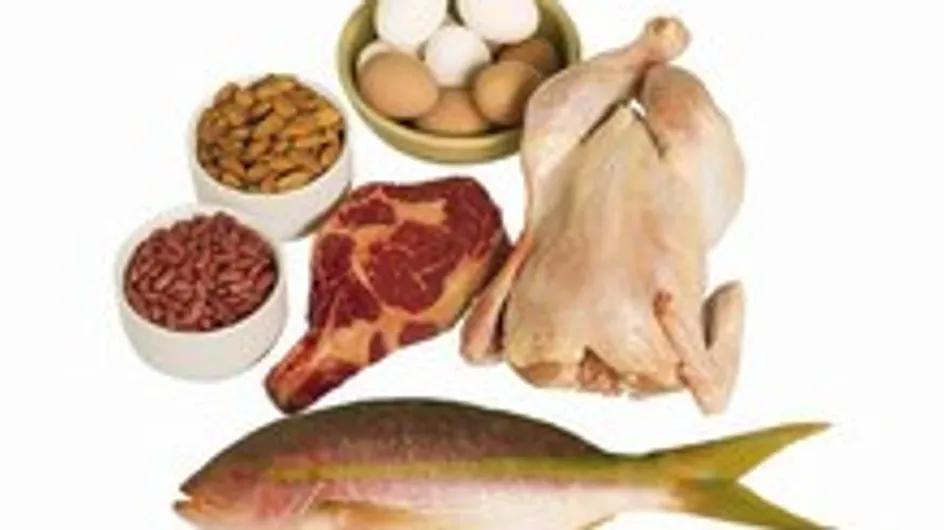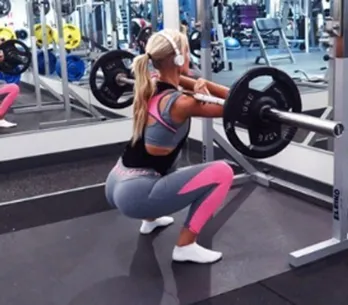Like fat and carobohydrate, protein is a nutrient that provides the body with energy. Here's everything you need to know about your protein needs.
What is protein?
Protein is made up of molecules composed of basic elements called amino acids. There are 20 amino acids, of which 8 are absolutely essential because the body cannot produce them.
What does protein do?
Protein keeps our bodies working. It has many functions and properties:
- 'Building bricks' - protein builds and maintains our muscles and organs.
- Protein regulates function in the body: the hormone system, circulation of information, immune system and temperature regulation all rely on protein.
- Protein aids weight loss by suppressing your appetite and building lean muscle mass (as opposed to fat).
Sources of protein
Protein is present in many foods of animal and plant origin.
- Animal protein: meat, fish, eggs and dairy produce.
Eg: 100g chicken breast contains 22g protein; 100g minced beef contains 26g; 100g cod contains 19g; 100g egg contains 13g; 100g low-fat cream cheese contains 7g; and 100g hard cheese contains 29g.
- Vegetable protein: mainly found in grains, cereals and pulses (lentils, split peas and broad beans). Eg: 100g cooked lentils contains 8g protein and 100g whole grains of wheat contains 11g.
Our protein requirements
We renew around 2.5% of our protein reserves every day (around 250-300g per day of the 11kg of protein the average adult body contains). Our daily intake should be sufficient to replace what the body loses, because our bodies don't contain protein reserves; if you don't get enough protein, your organs and muscles will suffer as a result. Some say you should eat 1g of protein per kilo in weight, so if you weigh 50kg you should eat 50g of protein a day.
Dietary advice
Animal protein contains every type of amino acid, whereas cereal protein does not contain lysine, and protein from pulses does not contain methionine (both of these are essential amino acids). If you eat a vegetarian diet, make sure you mix up cereal and puses so that you get enough variety of amino acids. The benefits of protein to dieters are well known, but you shouldn't eat too much protein, because the body has to produce a lot of waste to break it down. And remember to drink lots of water to help eliminate toxins!













